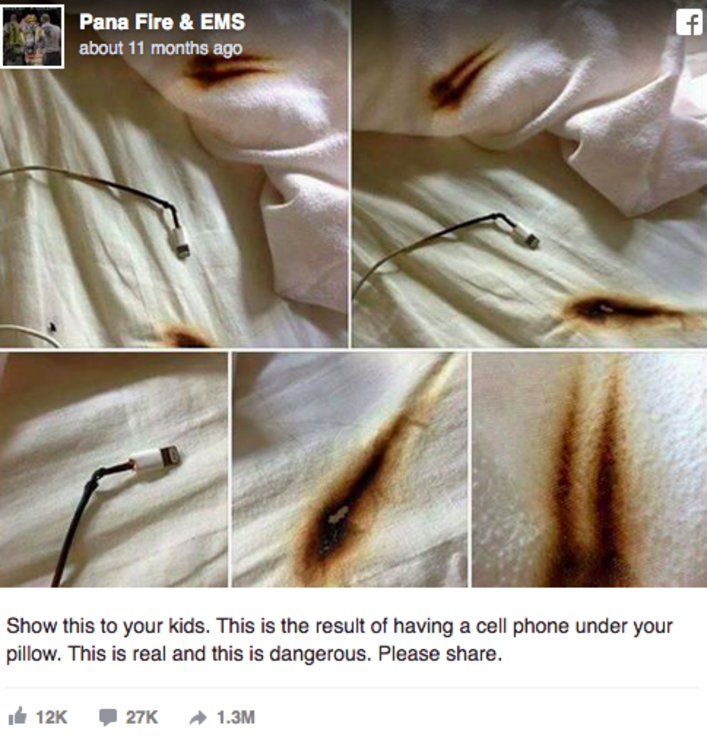Boy dies after falling asleep while wearing headphones
It is estimated that 95% of American teens today have access to a smartphone, a clear reflection of our technology-dependent society. However, we must ask ourselves, are we fully aware of the risks associated with the technology in our own homes?
This is one of many questions raised after news stations around the globe picked up the story of 16-year-old Mohammad Aidil Azzahar Zaharin. Like many teens around the globe, Zaharin owned a smartphone, the device that teens have come to use for anything and everything. More than just a cell phone, they are agendas, miniature computers, calculators, and mp3 players. Listening to music, the boy fell asleep still wearing his headphones.
The next day, the media reports, Zaharin’s mother found him lying cold and motionless on the floor, a significant amount of blood coming from his ear. While his mother called the medics, the young boy was declared dead at the scene shortly after their arrival. The results of the autopsy? Electrocution.

It appears that the boy was concerned that his phone battery was running low, so he had plugged the device in to charge. When he fell asleep, the charge then carried through the phone and into his headphones. Upon closer examination, investigators found that the boy was not only bleeding from his left ear, but it had actually been blackened by burns.
Zaharin certainly isn’t the only teen relying on his smartphone for music. In fact, recent statistics show that 83% of teens aged 15-19 use their smartphone as a source of music, while only 37% use a portable AM/FM style radio. This is no surprise if you look at the development of technology. New phones today are being released with more storage space for music and better data connection to facilitate the use of music streaming services.
Today, the boy’s story is being shared around the globe, a warning to parents and teens of the potential risks associated with the use of these devices, especially when charging.
This isn’t the first such example. In 2013, 23-year-old Ma Ailun in China was reported to have been electrocuted after answering an incoming phone call on her iPhone while it as charging. However, these instances are incredibly rare. Unfortunately, rarely doesn’t mean that it doesn’t happen.
“We have seen very few incidents related to shock or electrocution (involving cell phone),” explained Scott Wolfson, the Communications Director for the U.S. Consumer Product Safety Commission. “Most of our attention has been on overheating, smoke or fire.”
However, as rare as it is, experts are suggesting that we simply don’t risk it. If your phone is charging, leave it to do just that. If you do have a phone call come through, or feel the need to play games or listen to music, disconnect the phone from the electrical source first. Better safe than sorry, right?

